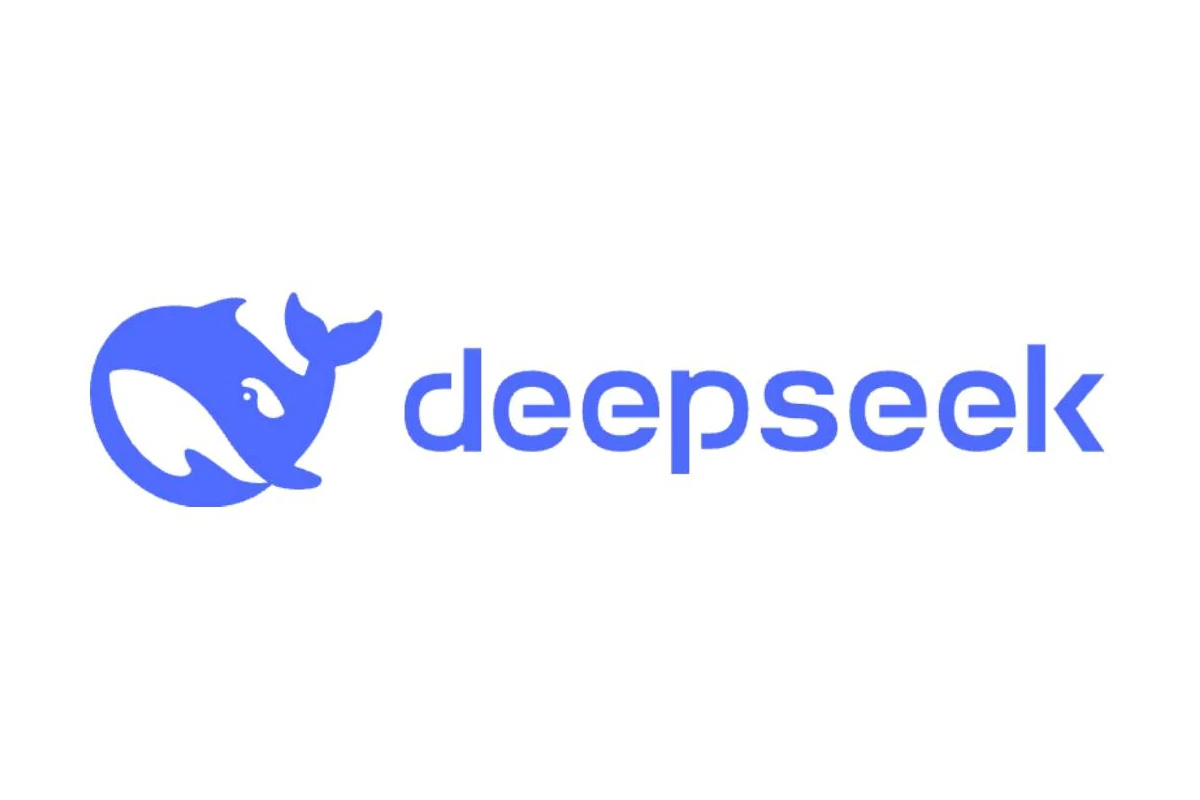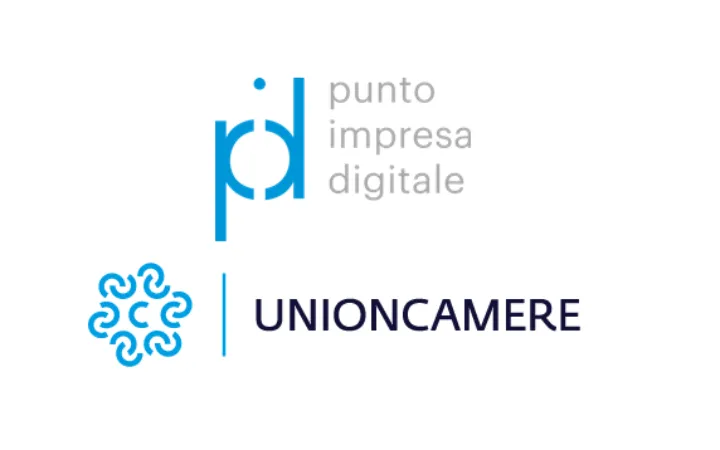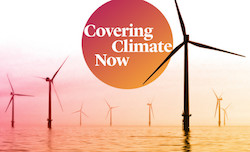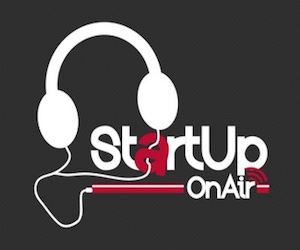Digitale
Facebook si trasforma, cambia nome e diventa Meta

Con un lungo post proprio ovviamente su Facebook il fondatore Mark Zuckemberg ha annunciato le trasformazioni di Facebook verso Meta
We are at the beginning of the next chapter for the internet, and it’s the next chapter for our company too.
![]() Ricevi le nostre ultime notizie da Google News - SEGUICI
Ricevi le nostre ultime notizie da Google News - SEGUICI
![]() Massa Critica è una piattaforma di informazione, partecipazione e attivazione dei cittadini per favorire l'attivazione di quanti condividono aspirazioni nuove e innovative su sostenibilità , tecnologia , innovazione , startup , cibo , social innovation, salute.
Massa Critica è una piattaforma di informazione, partecipazione e attivazione dei cittadini per favorire l'attivazione di quanti condividono aspirazioni nuove e innovative su sostenibilità , tecnologia , innovazione , startup , cibo , social innovation, salute.
.Vuoi saperne di più su Massa Critica ? Ecco la nostra presentazione.
Ti è piaciuto Massa Critica ? Bene! Iscriviti alla nostra newsletter. e al nostro canale Telegram.
Se ti piace il nostro lavoro vai alla nostra pagina su Facebook e clicca su "Like".
Se preferisci puoi anche seguirci via Twitter , via Instagram e via Youtube.
Per sostenerci abbiamo bisogno del vostro contributo, per questo vi chiediamo di supportarci concretamente attraverso Paypal o Satispay. Grazie per il vostro contributo e per la vostra fiducia!
Donazione con Paypal o carta di credito
Donazione con Satispay


Digitale
Google chiude contezioso con il fisco italiano versando quasi 326 milioni di euro

![]() Ricevi le nostre ultime notizie da Google News - SEGUICI
Ricevi le nostre ultime notizie da Google News - SEGUICI
![]() Massa Critica è una piattaforma di informazione, partecipazione e attivazione dei cittadini per favorire l'attivazione di quanti condividono aspirazioni nuove e innovative su sostenibilità , tecnologia , innovazione , startup , cibo , social innovation, salute.
Massa Critica è una piattaforma di informazione, partecipazione e attivazione dei cittadini per favorire l'attivazione di quanti condividono aspirazioni nuove e innovative su sostenibilità , tecnologia , innovazione , startup , cibo , social innovation, salute.
.Vuoi saperne di più su Massa Critica ? Ecco la nostra presentazione.
Ti è piaciuto Massa Critica ? Bene! Iscriviti alla nostra newsletter. e al nostro canale Telegram.
Se ti piace il nostro lavoro vai alla nostra pagina su Facebook e clicca su "Like".
Se preferisci puoi anche seguirci via Twitter , via Instagram e via Youtube.
Per sostenerci abbiamo bisogno del vostro contributo, per questo vi chiediamo di supportarci concretamente attraverso Paypal o Satispay. Grazie per il vostro contributo e per la vostra fiducia!
Donazione con Paypal o carta di credito
Donazione con Satispay

Digitale
Che cosa è DeepSeek l’azienda cinese che tenta di cambiare lo scenario dell’ Intelligenza Artificiale

L’avvento della piattaforma AI cinese DeepSeek ha cambiato in poche ore gli scenari borsistici e finanziari mondiali con una perdita di 589 miliardi di dollari: secondo quanto riferisce Bloomberg, si tratterebbe della perdita più grande di sempre per il mercato statunitense.
Il modello di AI sviluppato da DeepSeek ha dimostrato che è possibile raggiungere risultati paragonabili a quelli dei leader del settore, come ChatGPT, con investimenti molto più contenuti soprattutto dei chip per AI di Nvidia come l’A100 che i cinesi di DeepSeek avevano ottenuto prima che scattasse il divieto di esportazione degli Stati Uniti, insieme a chip meno potenti.
DeepSeek è un’azienda cinese di intelligenza artificiale specializzata nello sviluppo di modelli linguistici di grandi dimensioni con sede a Hangzhou ed è finanziat dall’ hedge found cinese High-Flyer, il cui co-fondatore, Liang Wenfeng, ha fondato la società nel 2023 e ne ricopre il ruolo di CEO.
La sua tecnologia è stata sviluppata in un contesto di restrizioni imposte dagli Stati Uniti sull’esportazione di chip Nvidia verso la Cina, limitando la capacità del Paese di sviluppare sistemi di IA avanzati. DeepSeek usa un modello di chatbot generativo open source e distribuito.
Il 10 gennaio 2025, DeepSeek ha rilasciato la sua prima applicazione chatbot gratuita. In meno di tre settimane, il 27 gennaio, l’app è diventata la più scaricata negli Stati Uniti, superando ChatGPT.
DeepSeek ha anche lanciato Janus-Pro, un nuovo modello di generazione di immagini da testo che ma mira a competere con rivali statunitensi come DALL-E 3 e Stable Diffusion, offrendo una qualità e precisione superiori nella creazione di immagini.
Il Garante per la protezione dei dati personali ha inviato una richiesta di informazioni a Hangzhou DeepSeek Artificial Intelligence e a Beijing DeepSeek Artificial Intelligence, le società che forniscono il servizio di chatbot DeepSeek, sia su piattaforma web che su App.
L’Autorità ha chiesto alle due società e alle loro affiliate di confermare quali siano i dati personali raccolti, da quali fonti, per quali finalità, quale sia la base giuridica del trattamento, e se siano conservati su server collocati in Cina.
![]() Ricevi le nostre ultime notizie da Google News - SEGUICI
Ricevi le nostre ultime notizie da Google News - SEGUICI
![]() Massa Critica è una piattaforma di informazione, partecipazione e attivazione dei cittadini per favorire l'attivazione di quanti condividono aspirazioni nuove e innovative su sostenibilità , tecnologia , innovazione , startup , cibo , social innovation, salute.
Massa Critica è una piattaforma di informazione, partecipazione e attivazione dei cittadini per favorire l'attivazione di quanti condividono aspirazioni nuove e innovative su sostenibilità , tecnologia , innovazione , startup , cibo , social innovation, salute.
.Vuoi saperne di più su Massa Critica ? Ecco la nostra presentazione.
Ti è piaciuto Massa Critica ? Bene! Iscriviti alla nostra newsletter. e al nostro canale Telegram.
Se ti piace il nostro lavoro vai alla nostra pagina su Facebook e clicca su "Like".
Se preferisci puoi anche seguirci via Twitter , via Instagram e via Youtube.
Per sostenerci abbiamo bisogno del vostro contributo, per questo vi chiediamo di supportarci concretamente attraverso Paypal o Satispay. Grazie per il vostro contributo e per la vostra fiducia!
Donazione con Paypal o carta di credito
Donazione con Satispay

Digitale
Bando PID-Next per accedere a percorsi personalizzati per la trasformazione digitale delle imprese

Grazie al Bando PID-Next mille micro, piccole e medie aziende, con sede legale o operativa in Italia, avranno la possibilità di accedere a percorsi personalizzati di first assessment e attività di orientamento in grado di supportare la trasformazione digitale della propria attività.
PID-Next prevede la concessione di contributi, sotto forma di servizi, per supportare le aziende beneficiarie nel loro percorso di trasformazione digitale. Gli incentivi sono destinati a coprire i costi relativi all’assessment iniziale e all’orientamento post-assessment.
PID-Next è finanziato con fondi del Piano nazionale di impresa e resilienza, che copriranno i costi dei servizi resi, da un minimo del 90% per le medie imprese fino al 100% per le micro e piccole.
Il progetto PID -Next, promosso da Unioncamere con il supporto di Dintec, sarà realizzato dai Punti impresa digitale delle Camere di commercio. La Camera di Commercio di appartenenza contatterà le aziende beneficiarie e avvierà il percorso.
Ecco come PID-Next può supportare la trasformazione digitale dell’impresa:
PRIMO STEP: Analisi personalizzata maturità digitale L’analisi personalizzata della maturità digitale attraverso un incontro in impresa con un addetto del Polo che svolgerà una valutazione del livello di maturità digitale, degli obiettivi dell’azienda e dei fabbisogni tecnologici necessari al loro raggiungimento.
SECONDO STEP: Orientamento e Innovazione A seguito dell’incontro, il secondo step prevede l’analisi dei fabbisogni da parte di un team nazionale che si occuperà anche di individuare le migliori opportunità per orientare il percorso di digitalizzazione dell’impresa.
TERZO STEP: Opportunità per le Imprese La consegna del report che non sarà solo una analisi del livello di maturità digitale dell’impresa, ma offrirà suggerimenti riguardo ai partner con cui l’impresa può proseguire il proprio cammino di digitalizzazione e segnalazioni in merito ad eventuali ed ulteriori possibilità di finanziamento.
PID-Next apre così la strada al trasferimento tecnologico e l’accesso a un network di partner pubblici e privati mirato sulle esigenze dell’impresa.
Per partecipare è necessario utilizzare l’apposita pagina sulla piattaforma restart.infocamere.it a partire dal 16/12/2024, accedendo con SPID/CIE/CNS, e fino a ore 16:00 del 18/02/2025.
![]() Ricevi le nostre ultime notizie da Google News - SEGUICI
Ricevi le nostre ultime notizie da Google News - SEGUICI
![]() Massa Critica è una piattaforma di informazione, partecipazione e attivazione dei cittadini per favorire l'attivazione di quanti condividono aspirazioni nuove e innovative su sostenibilità , tecnologia , innovazione , startup , cibo , social innovation, salute.
Massa Critica è una piattaforma di informazione, partecipazione e attivazione dei cittadini per favorire l'attivazione di quanti condividono aspirazioni nuove e innovative su sostenibilità , tecnologia , innovazione , startup , cibo , social innovation, salute.
.Vuoi saperne di più su Massa Critica ? Ecco la nostra presentazione.
Ti è piaciuto Massa Critica ? Bene! Iscriviti alla nostra newsletter. e al nostro canale Telegram.
Se ti piace il nostro lavoro vai alla nostra pagina su Facebook e clicca su "Like".
Se preferisci puoi anche seguirci via Twitter , via Instagram e via Youtube.
Per sostenerci abbiamo bisogno del vostro contributo, per questo vi chiediamo di supportarci concretamente attraverso Paypal o Satispay. Grazie per il vostro contributo e per la vostra fiducia!
Donazione con Paypal o carta di credito
Donazione con Satispay









